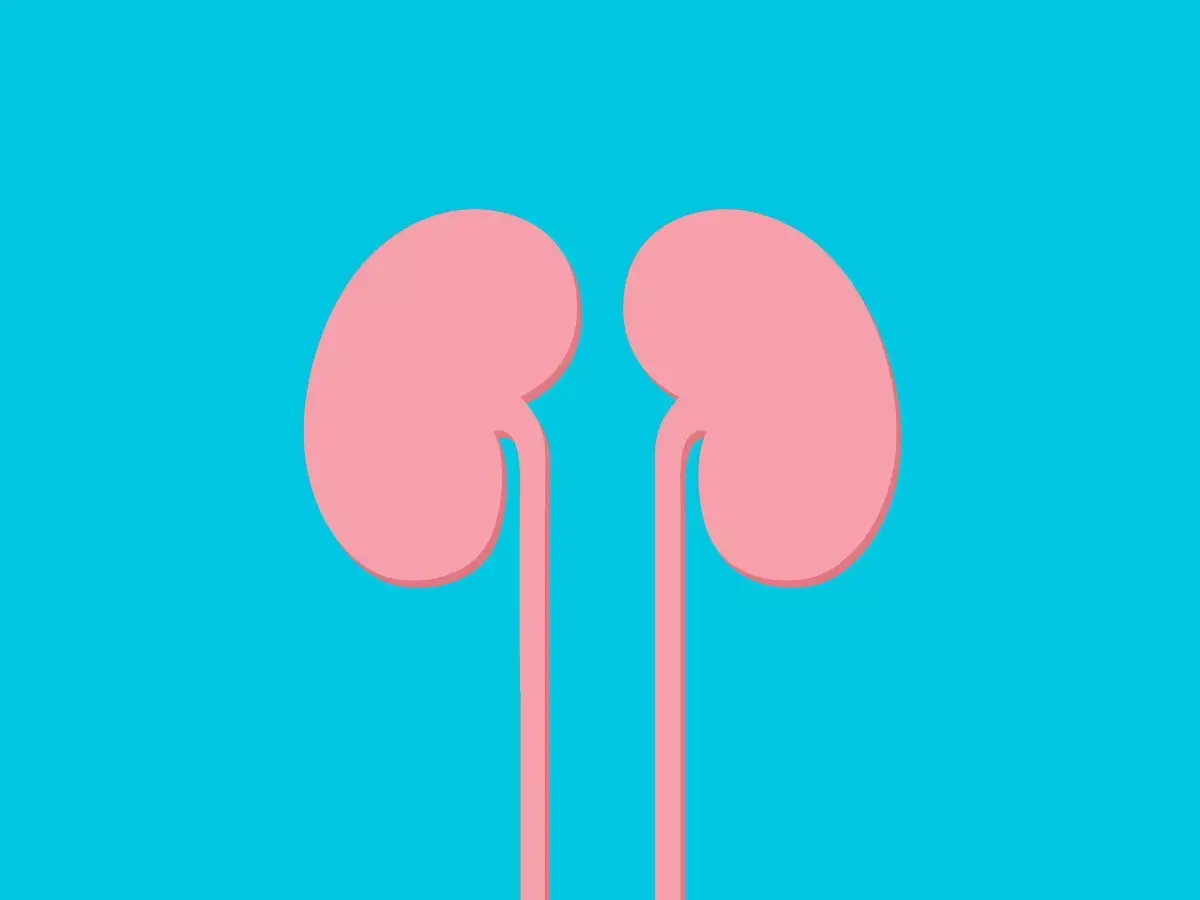- Home
- Medical news & Guidelines
- Anesthesiology
- Cardiology and CTVS
- Critical Care
- Dentistry
- Dermatology
- Diabetes and Endocrinology
- ENT
- Gastroenterology
- Medicine
- Nephrology
- Neurology
- Obstretics-Gynaecology
- Oncology
- Ophthalmology
- Orthopaedics
- Pediatrics-Neonatology
- Psychiatry
- Pulmonology
- Radiology
- Surgery
- Urology
- Laboratory Medicine
- Diet
- Nursing
- Paramedical
- Physiotherapy
- Health news
- Fact Check
- Bone Health Fact Check
- Brain Health Fact Check
- Cancer Related Fact Check
- Child Care Fact Check
- Dental and oral health fact check
- Diabetes and metabolic health fact check
- Diet and Nutrition Fact Check
- Eye and ENT Care Fact Check
- Fitness fact check
- Gut health fact check
- Heart health fact check
- Kidney health fact check
- Medical education fact check
- Men's health fact check
- Respiratory fact check
- Skin and hair care fact check
- Vaccine and Immunization fact check
- Women's health fact check
- AYUSH
- State News
- Andaman and Nicobar Islands
- Andhra Pradesh
- Arunachal Pradesh
- Assam
- Bihar
- Chandigarh
- Chattisgarh
- Dadra and Nagar Haveli
- Daman and Diu
- Delhi
- Goa
- Gujarat
- Haryana
- Himachal Pradesh
- Jammu & Kashmir
- Jharkhand
- Karnataka
- Kerala
- Ladakh
- Lakshadweep
- Madhya Pradesh
- Maharashtra
- Manipur
- Meghalaya
- Mizoram
- Nagaland
- Odisha
- Puducherry
- Punjab
- Rajasthan
- Sikkim
- Tamil Nadu
- Telangana
- Tripura
- Uttar Pradesh
- Uttrakhand
- West Bengal
- Medical Education
- Industry
Rapid weight swings closely related with decreased kidney functions: Study

South Korea: Bodyweight fluctuations were strongly related to an increased risk of fast renal function decline in persons with normal kidney function, according to a recent study.
This study was conducted by Young Su Joo and team with an objective to look at the impact of body weight fluctuations on renal function degradation in a prospective cohort of people with normal kidney function. The findings of this study were published in Obesity, journal of The Obesity Society on 9th December, 2021.
For this research, data came from the Korean Genome and Epidemiology Study. Body weight fluctuations were calculated using average successive variability (ASV), which was defined as the average absolute body weight change for all subjects based on repeated assessments. Using linear regression analysis of successive estimated glomerular filtration rate (eGFR) readings for each patient, the drop in eGFR over time was computed. Rapid eGFR decline was defined as an annual average eGFR decline of more than 3 mL/min/1.73 m2.
The results stated as follow:
1. A total of 6,790 people were studied. Rapid eGFR reduction was reported in 913 (13.4%) patients over a median follow-up of 11.7 years.
2. When the subjects were divided into ASV tertiles, fast eGFR drop was more common in the highest ASV tertile group than in the lowest.
3. Using multiple logistic regression models, researchers discovered that the probability of fast eGFR reduction was higher in the highest ASV tertile group compared to the lowest (odds ratio: 1.66).
In conclusion, "At an 11-year follow-up, the largest tertile of weight variability was related with the greatest reduction in estimated glomerular filtration rate. Rapid weight swings may be related with a decrease in estimated glomerular filtration rate," said the Authors.
Reference:
Joo YS, Nam KH, Jhee JH, Yun HR, Lee S, Han SH, Yoo TH, Kang SW, Park JT. Body weight fluctuation is associated with rapid kidney function decline. Obesity (Silver Spring). 2022 Jan;30(1):257-267. doi: 10.1002/oby.23326. Epub 2021 Dec 9. PMID: 34889070.
Dr Kartikeya Kohli is an Internal Medicine Consultant at Sitaram Bhartia Hospital in Delhi with super speciality training in Nephrology. He has worked with various eminent hospitals like Indraprastha Apollo Hospital, Sir Gangaram Hospital. He holds an MBBS from Kasturba Medical College Manipal, DNB Internal Medicine, Post Graduate Diploma in Clinical Research and Business Development, Fellow DNB Nephrology, MRCP and ECFMG Certification. He has been closely associated with India Medical Association South Delhi Branch and Delhi Medical Association and has been organising continuing medical education programs on their behalf from time to time. Further he has been contributing medical articles for their newsletters as well. He is also associated with electronic media and TV for conduction and presentation of health programs. He has been associated with Medical Dialogues for last 3 years and contributing articles on regular basis.
Dr Kamal Kant Kohli-MBBS, DTCD- a chest specialist with more than 30 years of practice and a flair for writing clinical articles, Dr Kamal Kant Kohli joined Medical Dialogues as a Chief Editor of Medical News. Besides writing articles, as an editor, he proofreads and verifies all the medical content published on Medical Dialogues including those coming from journals, studies,medical conferences,guidelines etc. Email: drkohli@medicaldialogues.in. Contact no. 011-43720751


